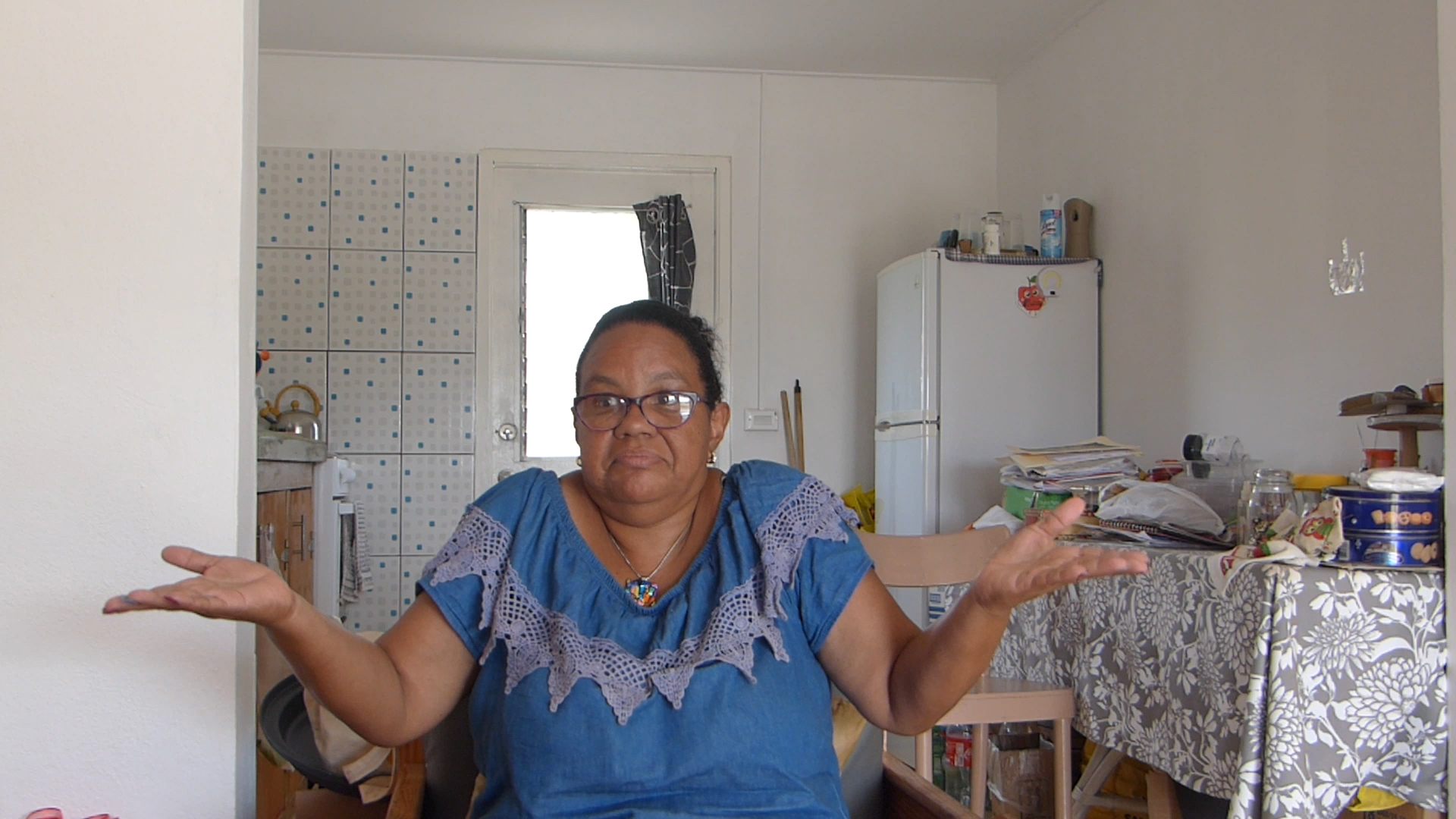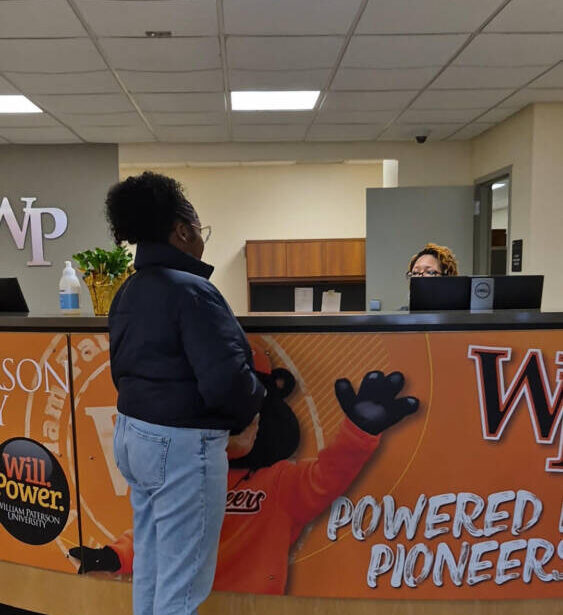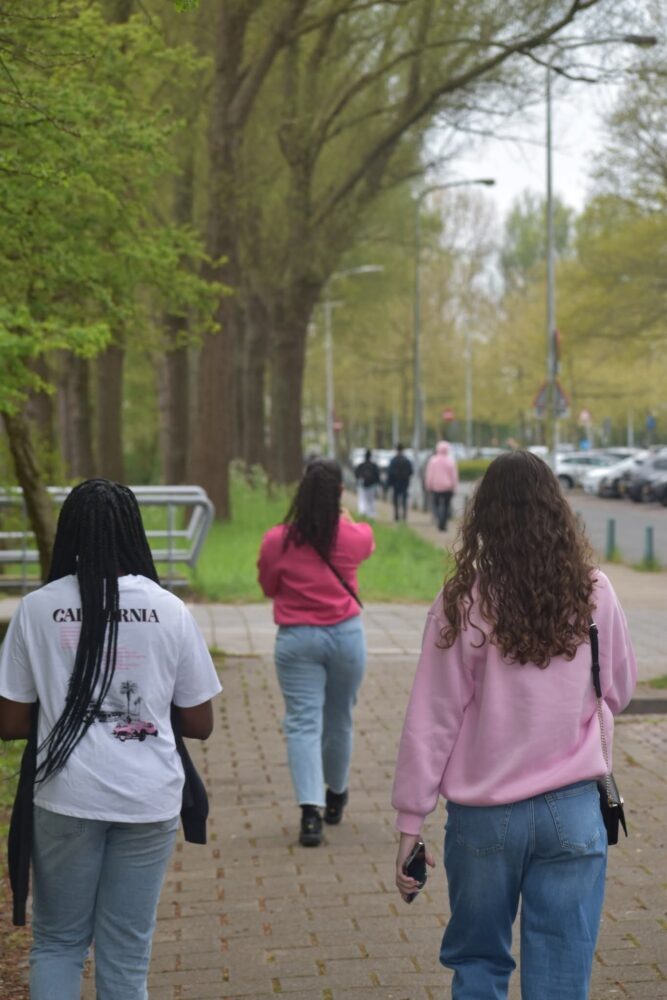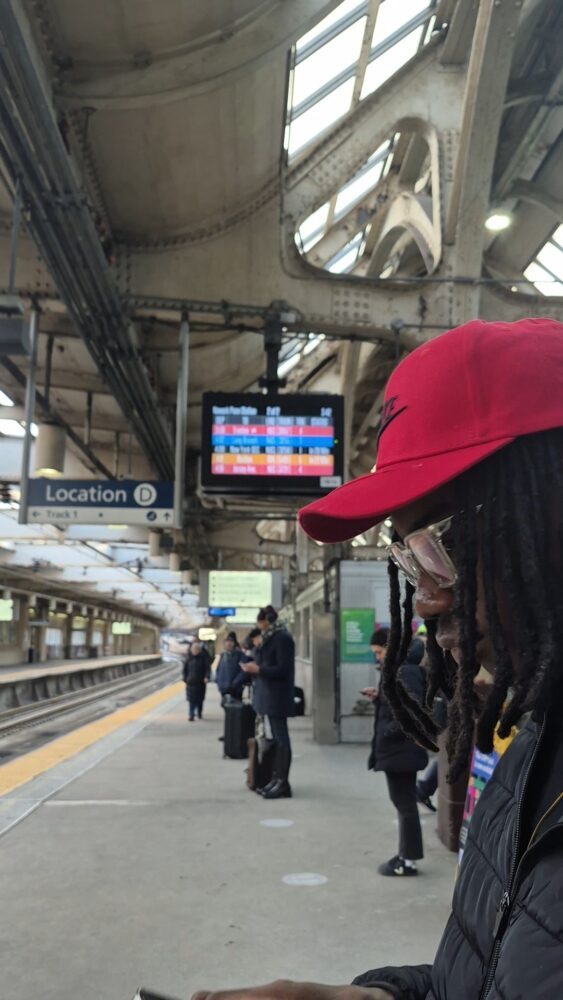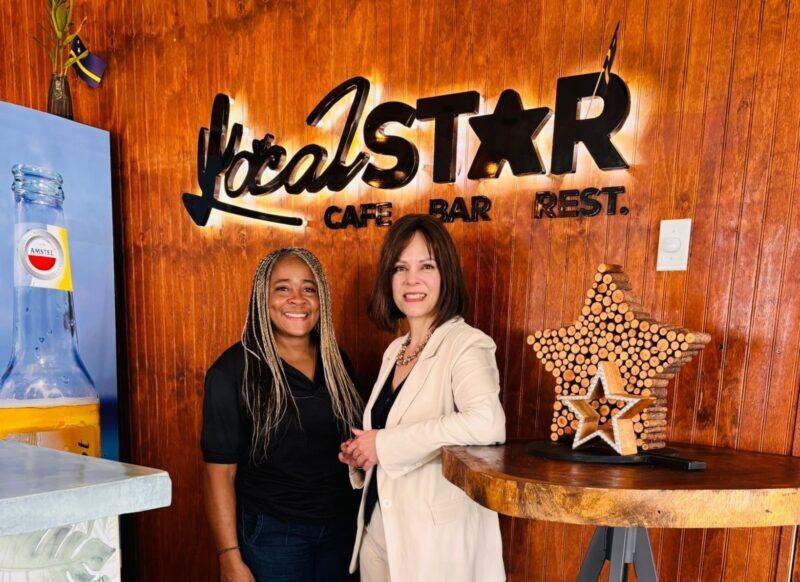KRALENDIJK – For the deaf and those who are hard of hearing it’s hard to stay informed on Bonaire. While this is of upmost importance during crisis situations such as the corona crisis. “What kind of virus is it? What do I have to do with my children?”, are questions that sign language interpreter Esther de Veer gets a lot.
by Marit Severijnse
Parliament recently approved a change in the media code of the Netherlands which should improve the accessibility to information for deaf individuals and those who are hard of hearing. The new legislation means that TV-channels have to make information about crisis situations such as a terror attack, natural disaster, or pandemic more accessible to amongst others the deaf community. The have to make use of subtitles or a sign language interpreter for example.
This has not been properly arranged on Bonaire. Interpretations have been taking place during the latest press conferences, but it doesn’t happen live. “I approached them myself, because deaf people have a right to be informed. The interpreting can’t happen live at the moment. I also do it voluntarily”, says De Veer.
Fake news seen as real news
This is one of the reasons why it is hard for deaf individuals to distinguish fake news from real news. Not all deaf individuals can read, but for those who can, written language remains difficult. “The syntax in Dutch and Papiamentu differs wildly from the one in sign language”, says De Veer. “Sign language is also very visual, which makes it easier to understand the meaning of things.”
Research into hidden deaf people
The interpreter can’t say for certain how big the deaf community is on Bonaire. She herself knows twenty individuals and interprets for a few less. These people come to her though the Zorg en Welzijn Groep. Esther believes that some individuals remain out of sight and she’ll start a research into this group of people.
“It could be that deaf children, for whatever reason, didn’t go to a deaf school when they were young, but that they were homeschooled. People who live in the kunuku and never leave the kunuku. That means that I just have to stop by the family homes and ask if there’s a deaf family member living there.”
There are very few options for children with hearing problems. There’s no school for the deaf on the island where they can learn sign language, which means that they have to leave the country for that.
‘Who will do the work and how much will it cost? Favell Maduro, head of communication
Head of communication, Favell Maduro, says that the local government strives to provide everyone with information during crisis situations. “This usually happens through written statements, like press releases or posts on social media. We do this on a B1-level, so that it is understandable to lower-literacy users.” She acknowledges that statements are not specifically prepared for deaf individuals, even though she finds this very important.
Maduro doesn’t dismiss the possibility of having a sign language interpreter at every press conference in the future. “We haven’t discussed how we’ll be utilizing Esther’s services. We also don’t know how large the group of deaf individuals is on Bonaire. When Esther has an idea of this and we hear that there’s a need for this, we would like to look into this possibility. But this isn’t something you do from one day to the next, it needs to be backed up by policy.”
This also holds true for reaching the large group of Spanish speaking individuals on the island. “They also have to get information, whether they’re documented or not. But who will do the work, and how much will it cost? You have to take all of this into consideration.”




